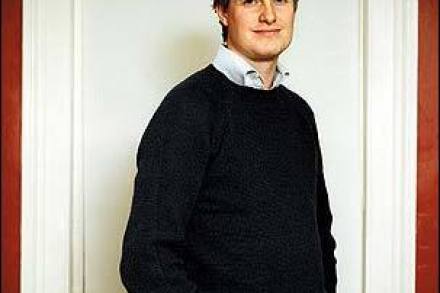Mandelson finally gets his man
For months now Lord Mandelson has been encouraging his friend and former colleague Tristram Hunt to continue the quest for a safe Labour seat. Indeed, there was a furore last month when Labour supporters in the Leyton and Wanstead constituency – a Labour stronghold – objected to the support Hunt was receiving from Downing Street in his bid for that candidature. At the time, the Standard ran quotes from a local member stating bluntly: “We do not want a No 10 candidate being pushed on the constituency.” Duly, the candidature was given to John Cryer and not another word was mentioned. Until this Monday that is, when the FT





















